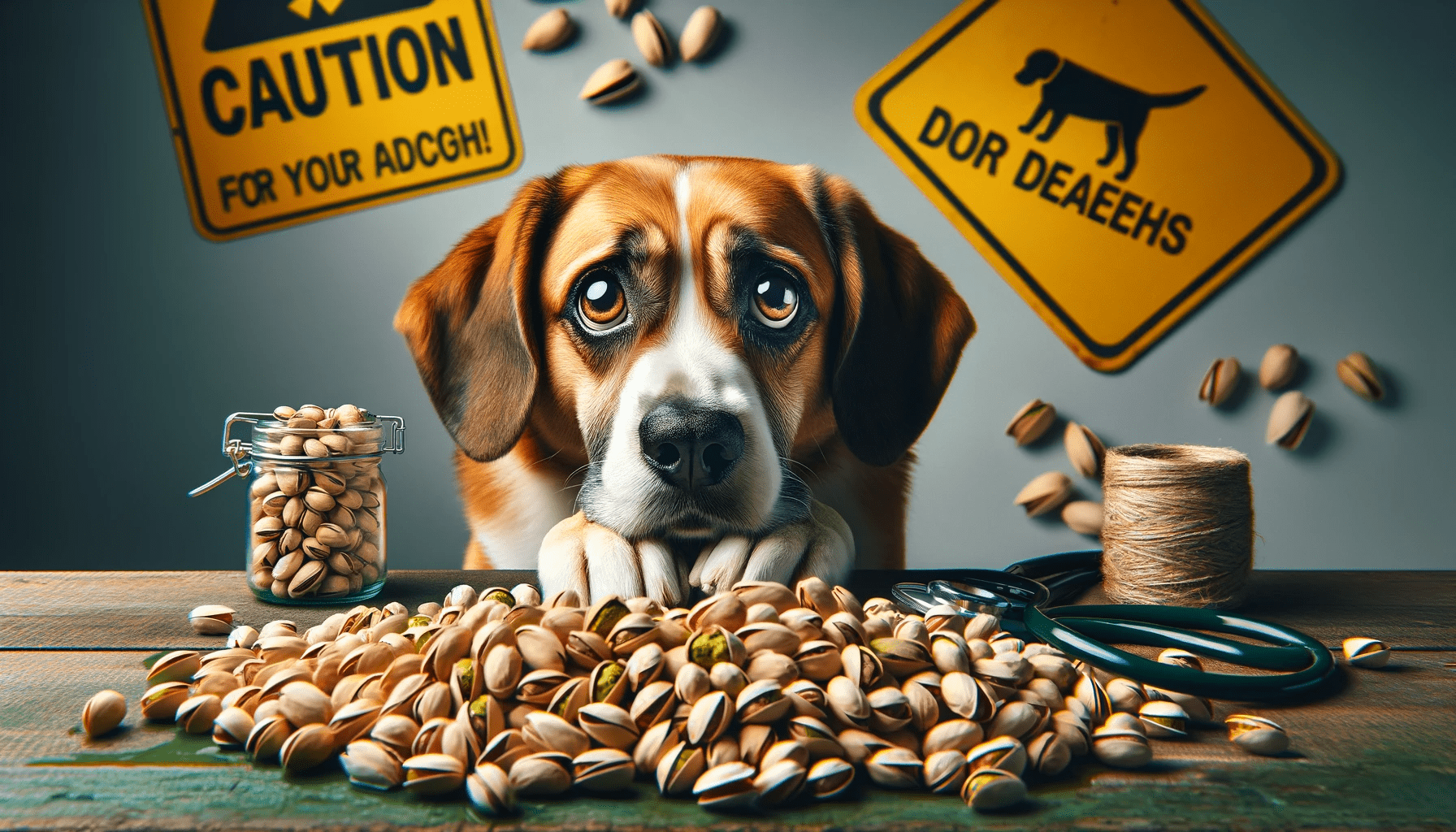Are you searching for the best dog food for your furry friend? Look no further. 'The Gold Standard: Trusted Dog Food for Optimal Nutrition' is here to guide you.
Packed with essential nutrients, high-quality proteins, and healthy fats, this article will help you understand the importance of choosing the right food for your canine companion.
Say goodbye to artificial preservatives and fillers, and say hello to a healthier, happier dog. Trust the gold standard for optimal nutrition.
Key Takeaways
- Animal proteins are the preferred choice for dogs as they are more easily digested and have higher bioavailability compared to plant proteins.
- Balancing animal and plant proteins in a dog's diet ensures a diverse range of essential amino acids and nutrients.
- Animal proteins provide complete amino acids with high bioavailability and are rich in essential nutrients like vitamin B12, iron, and zinc.
- Choosing dog food that includes a mix of animal-based and plant-based proteins, along with carbohydrates, fats, vitamins, and natural preservatives, provides optimal nutrition for dogs.
Essential Nutrients for Dogs
To ensure optimal nutrition for your dog, it's essential to provide them with a balanced diet that includes a variety of essential nutrients through high-quality dog food. Essential nutrients are substances that your dog's body needs to function properly, but can't produce on its own in sufficient quantities. These nutrients are vital for maintaining your dog's overall health and well-being.
The essential nutrients that should be included in your dog's diet are proteins, carbohydrates, fats, vitamins, and minerals. Proteins are necessary for building and repairing tissues, as well as supporting the immune system. Carbohydrates provide energy for your dog's daily activities. Fats are a concentrated source of energy and help with the absorption of fat-soluble vitamins. Vitamins play a crucial role in various bodily functions, such as cell growth and metabolism. Minerals, such as calcium and phosphorus, are essential for the development and maintenance of strong bones and teeth.
When selecting dog food, look for products that are labeled as 'complete and balanced,' as these meet the nutritional requirements established by regulatory authorities. It's also important to consider your dog's age, size, and activity level when determining the appropriate amount and type of food to provide.
Choosing High-Quality Protein Sources
When choosing high-quality protein sources for your dog, it's important to consider the difference between animal and plant proteins.
Animal proteins, such as chicken, beef, and fish, are generally more easily digested and have higher bioavailability compared to plant proteins.
Additionally, varying the protein sources in your dog's diet can provide a wider range of essential amino acids and nutrients for optimal nutrition.
Animal Vs. Plant Proteins
Choosing high-quality protein sources is essential for ensuring optimal nutrition for your dog. When it comes to protein, there are two main sources to consider: animal and plant proteins.
Animal protein benefits your dog by providing all the essential amino acids they need for growth, repair, and maintenance of their body tissues. Animal proteins are highly digestible and contain a complete profile of amino acids, making them an excellent choice for your dog's diet.
On the other hand, plant protein sources, such as soy, peas, and lentils, can also provide a good amount of protein. However, plant proteins may not contain all the essential amino acids and can be less digestible for dogs.
It's important to balance the inclusion of both animal and plant proteins in your dog's diet to ensure they receive a diverse range of nutrients.
Digestibility and Bioavailability
Are animal proteins the most digestible and bioavailable option for your dog's diet? When it comes to choosing high-quality protein sources for your furry friend, it's important to consider digestibility factors and nutrient absorption.
Here are four reasons why animal proteins are often the preferred choice:
- Higher Biological Value: Animal proteins contain all the essential amino acids that dogs need, making them a complete protein source with high bioavailability.
- Enhanced Digestibility: Dogs have a short digestive tract designed to efficiently break down and absorb animal proteins, resulting in better digestion and nutrient utilization.
- Unmatched Nutrient Profile: Animal proteins are rich in essential nutrients like vitamin B12, iron, and zinc, which are crucial for your dog's overall health and well-being.
- Allergen-Friendly: Plant proteins may trigger allergies or sensitivities in some dogs, while animal proteins are less likely to cause adverse reactions.
Protein Source Varieties
To ensure optimal nutrition for your dog, it's important to carefully select high-quality protein sources that offer a variety of options.
When it comes to protein, not all sources are created equal. While animal-based proteins are considered the gold standard for dogs, plant-based proteins can also provide valuable nutrition.
Plant-based proteins, such as those derived from peas, lentils, and chickpeas, offer an alternative to traditional meat sources. These alternative protein sources are rich in essential amino acids and can be easily digested by dogs.
When choosing dog food, look for brands that incorporate a mix of animal-based and plant-based proteins to provide a well-rounded diet.
Understanding Carbohydrates in Dog Food
Carbohydrates are an important component of dog food, providing energy and supporting various bodily functions.
Understanding the sources of carbohydrates in dog food is crucial for ensuring optimal nutrition. Different types of carbohydrates can have different impacts on a dog's health, so it's essential to choose dog foods that contain high-quality, easily digestible sources of carbohydrates to promote overall well-being.
Carb Sources for Dogs
When choosing dog food, it's important to understand the different sources of carbohydrates. Carbohydrates play a crucial role in a dog's diet, providing energy and supporting overall health. Here are four key carb sources for dogs and their impact on health:
- Whole grains: Whole grains like brown rice and oats are nutrient-rich and provide a steady release of energy, promoting optimal digestion and gut health.
- Vegetables: Vegetables such as sweet potatoes, peas, and carrots are excellent sources of fiber and essential vitamins. They aid in digestion, promote a healthy weight, and support a strong immune system.
- Legumes: Legumes like lentils and chickpeas are high in protein and fiber, making them beneficial for muscle development and digestive health.
- Fruits: Fruits like apples and blueberries offer natural sugars, antioxidants, and vitamins, supporting a strong immune system and overall well-being.
Understanding these carbohydrate sources can help you make informed decisions about your dog's diet, ensuring they receive the optimal nutrition they need for a healthy and happy life.
Carb Impact on Health
By incorporating these carbohydrate sources into your dog's diet, you can ensure their overall health and well-being. However, it's important to understand the impact of carbohydrates on your dog's health.
Carbohydrates can play a significant role in weight gain and blood sugar levels in dogs. Excessive consumption of carbohydrates can lead to weight gain in dogs. When dogs consume more carbohydrates than their bodies can utilize for energy, the excess is stored as fat, resulting in weight gain. This can lead to obesity and related health issues such as joint problems, heart disease, and diabetes.
Furthermore, carbohydrates can affect blood sugar levels in dogs. Carbohydrates are broken down into glucose, which is the primary source of energy for the body. However, consuming high-carbohydrate diets can cause spikes in blood sugar levels, leading to insulin resistance and potentially diabetes.
To maintain your dog's optimal health, it's essential to choose dog foods that provide a balanced amount of carbohydrates and other essential nutrients. Consulting with your veterinarian can help ensure that your dog's carbohydrate intake is appropriate for their specific needs.
The Importance of Healthy Fats
To ensure your dog's optimal nutrition, it's crucial to understand the significance of incorporating healthy fats into their diet. Healthy fats provide numerous benefits for dogs, including supporting brain function, promoting healthy skin and coat, and aiding in nutrient absorption.
The two main types of healthy fats for dogs are omega-3 and omega-6 fatty acids.
Here are four key reasons why incorporating healthy fats into your dog's diet is essential:
- Omega-3 fatty acids: These fats play a vital role in reducing inflammation, supporting cardiovascular health, and promoting brain development in dogs. They're commonly found in fish oil, flaxseed, and chia seeds.
- Omega-6 fatty acids: These fats are essential for maintaining healthy skin and coat in dogs. They also support the immune system and help regulate blood clotting. Sources of omega-6 fatty acids include poultry fat, vegetable oils, and evening primrose oil.
- Improved skin and coat health: Healthy fats help to moisturize the skin, reduce itching and flakiness, and promote a shiny, lustrous coat in dogs.
- Enhanced nutrient absorption: Fats play a crucial role in the absorption of fat-soluble vitamins, such as vitamins A, D, E, and K. Incorporating healthy fats into your dog's diet ensures they can properly absorb these essential nutrients.
Added Vitamins and Minerals for Canine Health
Incorporating added vitamins and minerals into your dog's diet regularly enhances their overall health and well-being. These vital nutrients play a crucial role in supporting various physiological functions and maintaining optimal canine health.
Added vitamins, such as vitamin A, vitamin E, and vitamin B complex, provide essential antioxidants that help protect your dog's cells from damage and support their immune system. These vitamins also contribute to healthy skin and coat, proper eye function, and overall growth and development.
Minerals, on the other hand, are essential for maintaining proper bodily functions and promoting strong bones and teeth. Key minerals for canine health include calcium, phosphorus, and zinc. Calcium and phosphorus work together to support bone growth and maintenance, while zinc plays a role in promoting a healthy immune system and aiding in wound healing.
The benefits of incorporating added vitamins and minerals into your dog's diet extend beyond physical health. These nutrients can also contribute to improved cognitive function, increased energy levels, and a reduced risk of certain diseases.
However, it's important to note that while added vitamins and minerals are beneficial, it's crucial to provide them in appropriate amounts. Consult with your veterinarian to determine the right dosage and ensure your dog's diet is well-balanced and meets their specific nutritional needs.
Avoiding Artificial Preservatives and Fillers
When it comes to ensuring optimal nutrition for your dog, it's important to avoid artificial preservatives and fillers. These additives can have harmful effects on your dog's health, leading to digestive issues, allergies, and even long-term health problems. Instead, opt for dog foods that use natural alternatives and high-quality protein sources.
Here are four reasons why you should avoid artificial preservatives and fillers in your dog's food:
- Natural alternatives: Look for dog foods that use natural preservatives like vitamin E and vitamin C, which can help extend the shelf life of the food without the need for artificial additives.
- Harmful effects: Artificial preservatives and fillers such as BHA, BHT, and ethoxyquin have been linked to various health issues in dogs, including allergies, skin problems, and even cancer. Avoiding these additives can help keep your dog healthy and thriving.
- Animal-based options: Choose dog foods that prioritize animal-based protein sources like chicken, beef, or fish. These proteins provide essential amino acids that dogs need for muscle development and overall health.
- Plant-based alternatives: If you prefer plant-based options, look for dog foods that use high-quality plant proteins like peas, lentils, and quinoa. These ingredients can provide a balanced source of protein for dogs with specific dietary needs or restrictions.
Frequently Asked Questions
What Are the Common Food Allergies for Dogs and How Can I Avoid Them When Choosing Dog Food?
When choosing dog food, it's important to be aware of common food allergies for dogs and how to avoid them. Look for dog food options that are free of allergens like wheat, soy, and corn.
Can I Feed My Dog a Vegetarian or Vegan Diet and Still Meet Their Nutritional Needs?
You can feed your dog a vegetarian or vegan diet, but it may not meet all their nutritional needs. Dogs are carnivorous by nature, so a balanced diet with animal-based proteins is recommended. Ethical considerations in pet nutrition should be carefully evaluated.
How Do I Calculate the Appropriate Portion Size for My Dog Based on Their Age, Weight, and Activity Level?
To calculate the appropriate portion size for your dog, consider their age, weight, and activity level. Meeting their nutritional needs is crucial, and this can be achieved by following scientific guidelines.
Are There Any Dog Breeds or Health Conditions That Require Specific Dietary Considerations?
Small dog breeds may have specific dietary considerations due to their size and metabolism. It is important to choose dog food that meets their nutritional needs. Dogs with kidney disease require a specialized diet to support their renal function.
What Are Some Signs of Nutritional Deficiencies in Dogs and How Can I Address Them Through Their Diet?
Signs of malnutrition in dogs include weight loss, dull coat, and low energy. To address these deficiencies, transition to a new diet gradually, ensuring it meets their nutritional needs. Consult with a veterinarian for personalized advice.
Conclusion
In conclusion, choosing a high-quality dog food that meets essential nutrient requirements is crucial for optimal canine nutrition.
The gold standard in dog food prioritizes trusted protein sources, understands the role of carbohydrates, incorporates healthy fats, and includes added vitamins and minerals.
By avoiding artificial preservatives and fillers, pet owners can ensure their dogs receive the best possible nutrition for their overall health and well-being.






